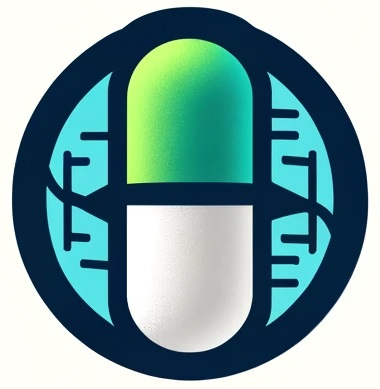The Office of Inspector General (OIG) recently issued Advisory Opinion No. 24-02, shedding light on a vital aspect of healthcare—patient assistance programs (PAPs). This opinion, directed at a non-profit organization seeking to aid patients with rare disorders, addresses a critical intersection of healthcare, ethical considerations, and regulatory compliance. Here, we delve into the details and implications of this pivotal opinion.
The OIG reviewed a proposal by a nonprofit to establish a “Disease Fund” for each of 12 rare disorders. These funds aim to assist patients with out-of-pocket costs, including medication and other necessary care. Notably, each fund is supported solely by a manufacturer of a drug treating the respective disorder. This raises potential concerns under the federal anti-kickback statute (AKS) and beneficiary inducement provisions, given the direct financial involvement of pharmaceutical manufacturers.
The crux of the OIG’s decision rested on several key safeguards integrated within the proposed arrangement. The funds are designed to be impartial, with assistance available to all patients, irrespective of their insurance status or prescribed medication. Importantly, financial eligibility is determined through a robust process, and medical eligibility requires a physician’s certification. These provisions help mitigate risks associated with donor influence, which is a perennial concern in scenarios where pharmaceutical companies could potentially sway treatment options to favor their products.
The OIG’s acknowledgment of the fraud and abuse risks inherent in PAPs supported by pharmaceutical manufacturers is critical. These risks include potential inflation of drug prices, the steering of patients towards certain medications, and anti-competitive effects. However, the OIG concluded that the proposed arrangement’s comprehensive safeguards—such as anonymity of donors, no restrictions favoring specific drugs, and a cap on per-patient spending—sufficiently mitigate these risks. This reflects an understanding that while PAPs are susceptible to manipulation, they also serve as an indispensable safety net for patients facing hefty medical expenses.
It’s essential to highlight that the OIG’s approval comes with an expiration date. This is largely due to impending changes under the Inflation Reduction Act, which will alter the landscape of Medicare Part D cost-sharing, significantly reducing out-of-pocket expenses and potentially decreasing the demand for such subsidies. The sunset clause in the OIG’s opinion underscores the dynamic nature of healthcare regulations and the need for ongoing evaluation of compliance frameworks in light of legislative changes.
From a broader perspective, this opinion serves as a reminder of the delicate balance that must be maintained in healthcare administration. While it is crucial to support patients through programs like PAPs, it is equally vital to ensure that these programs do not inadvertently foster practices that could undermine the integrity of healthcare delivery or inflate costs.
The issuance of this advisory opinion by the OIG is a significant development for stakeholders in the healthcare sector, particularly those involved in the administration of patient assistance programs. It reaffirms the importance of rigorous compliance measures and the need for continuous vigilance to safeguard the interests of patients while navigating the complex regulatory environment surrounding pharmaceutical funding.
- Original Article: https://www.jdsupra.com/legalnews/oig-approves-arrangement-regarding-8500282/
- Prompt: Write a post about the following article from the perspective of a pharmacy reimbursement specialist



